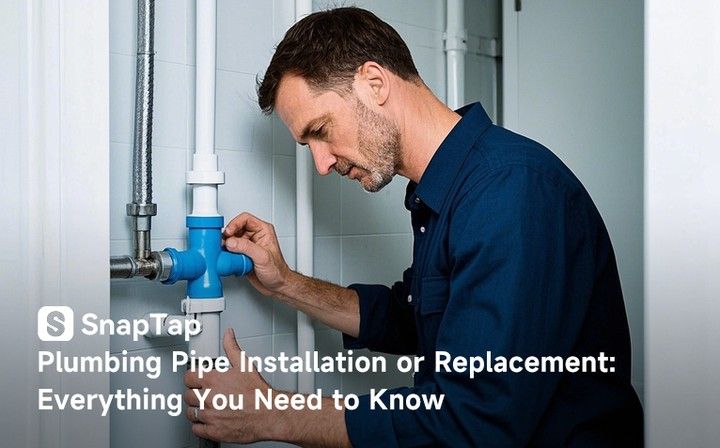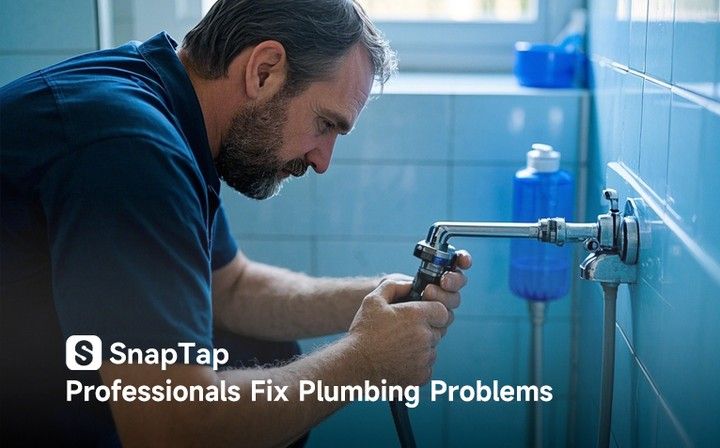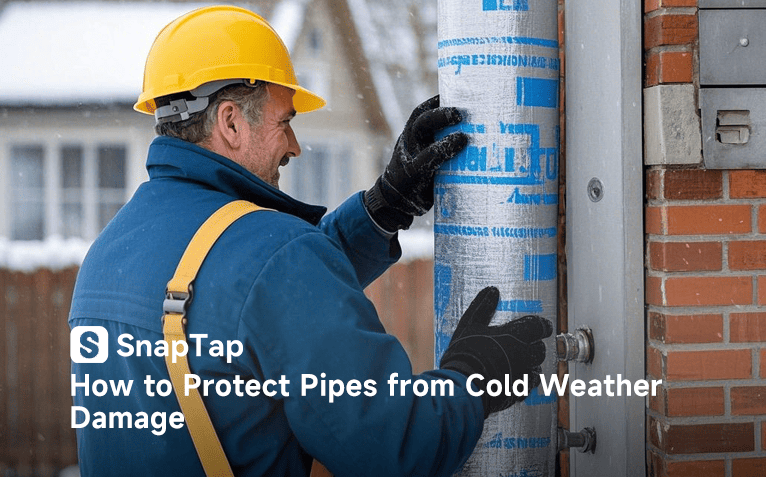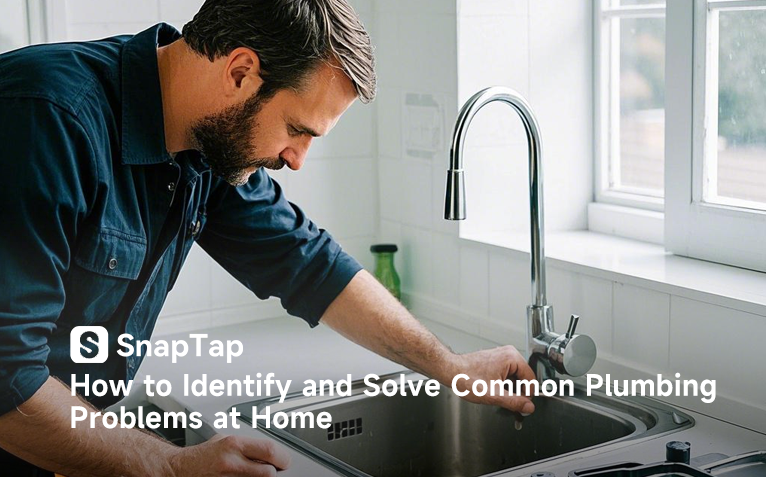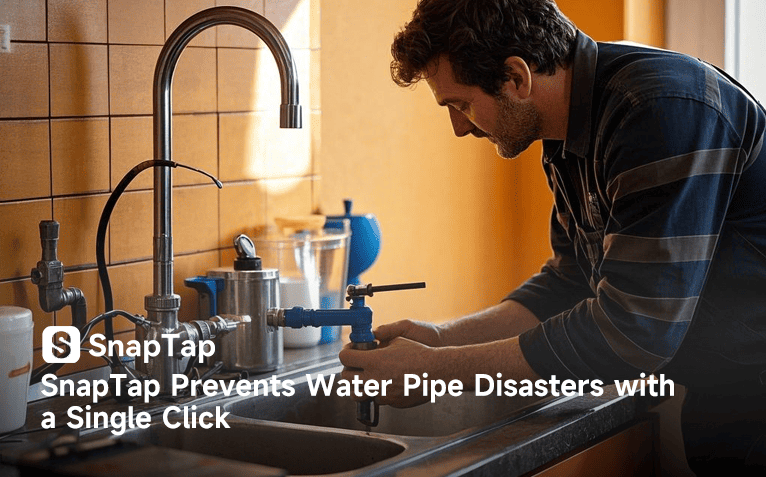When it comes to maintaining your home's plumbing system, one of the most critical components is the pipes. Over time, pipes can deteriorate due to age, corrosion, or damage, leading to leaks, low water pressure, or even water damage. Whether you're building a new home or upgrading an existing system, proper plumbing pipe installation or replacement is essential to ensure long-term efficiency and avoid costly repairs. Plumbing pipes are responsible for transporting water throughout your home, and if they're not installed correctly or need to be replaced, it can lead to a range of issues. Leaking pipes can result in water damage, mold growth, and increased water bills, while clogged or damaged pipes can lead to persistent water flow problems, affecting daily activities. Furthermore, corroded pipes can contaminate your water supply, leading to rusty, foul-smelling water that is unsafe for consumption. Timely pipe replacement or proper installation prevents these issues, ensuring a safe and efficient water supply to your home.
It's not always easy to tell when your pipes need replacing, but there are several signs to look out for. If you find that you're dealing with frequent leaks in multiple areas of your home, it could be a sign that your pipes are corroded or worn out and need replacing. Low water pressure is another indicator, as it might be due to clogged or damaged pipes restricting water flow. Discolored water, especially rust-colored water, often signals corroded pipes, which pose a health risk and should be replaced immediately. Pipes older than 50 years, particularly those made from galvanized steel, are more likely to deteriorate and should be replaced to prevent future issues. Additionally, unpleasant odors from your water could be caused by bacteria growth in old pipes, a clear sign that replacement is necessary.

The process of installing or replacing plumbing pipes requires professional expertise. A licensed plumber will begin by assessing your plumbing system and evaluating your current pipes for signs of damage or wear. They'll help determine whether the entire system needs to be replaced or if only specific sections require attention. After the assessment, the plumber will recommend the best materials for your home's needs, with options like copper, PEX, and PVC being popular choices. The plumber will then remove the damaged pipes and replace them with new ones. This process may involve cutting through walls or floors to access the pipes, especially in older homes. Once the new pipes are installed, the plumber will test the system to ensure everything is working correctly, checking for leaks and confirming that water pressure is adequate. The plumber will also verify that the water flows smoothly throughout the system. Finally, after installation, the plumber will clean up the work area and perform a final inspection to ensure that the new pipes are functioning as expected.
Hiring a professional plumber is essential when it comes to plumbing pipe installation or replacement. Professional plumbers have the necessary training and experience to handle complex pipe installations and replacements, ensuring that the work is done correctly and safely. Incorrectly installed pipes can lead to serious issues such as leaks, flooding, or even gas leaks if improperly connected. A professional plumber will ensure that everything is done according to code, avoiding these risks. Additionally, professionally installed pipes tend to last longer, reducing the need for frequent repairs and replacements. Opting for professional installation not only guarantees safety and proper installation but also enhances the long-term durability and efficiency of your plumbing system.
By choosing professional plumbing pipe installation or replacement, you can reduce the risk of future issues like leaks, low water pressure, and water contamination. New pipes contribute to better water flow and pressure, making your home's plumbing system more efficient overall. Though the initial cost of replacing pipes may seem high, it's a long-term investment that can save you money by reducing the likelihood of expensive repairs, water damage, and high utility bills in the future. Taking proactive steps to replace aging or damaged pipes is an essential part of home maintenance, ensuring that your plumbing system remains functional, safe, and efficient for years to come. If you're unsure whether your pipes need to be replaced, it's always a good idea to schedule a professional inspection. Don't wait until it's too late—ensure that your plumbing system is in top condition by addressing pipe issues early on.


